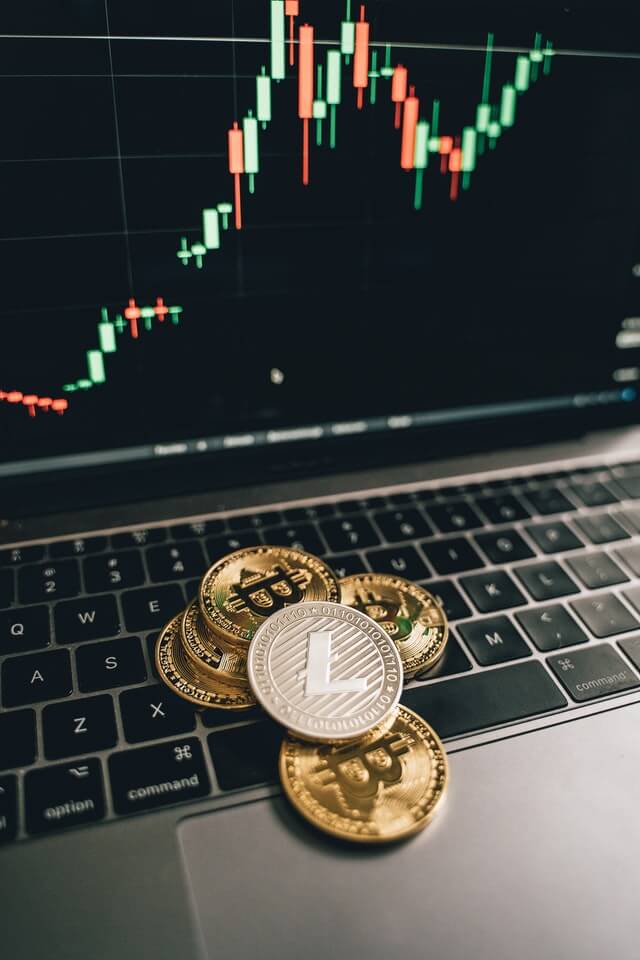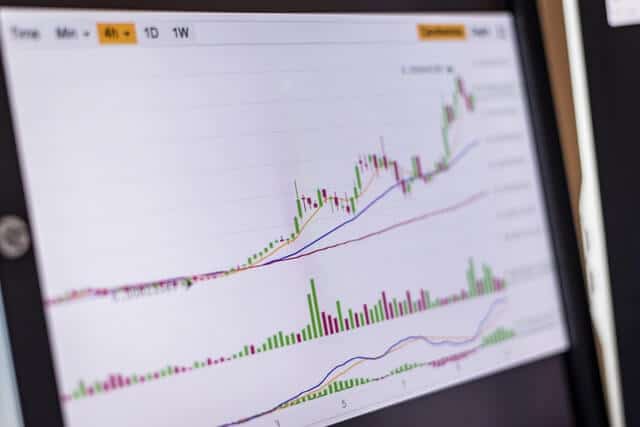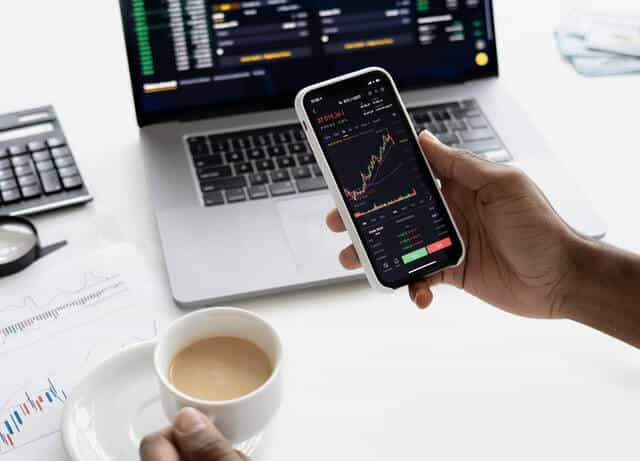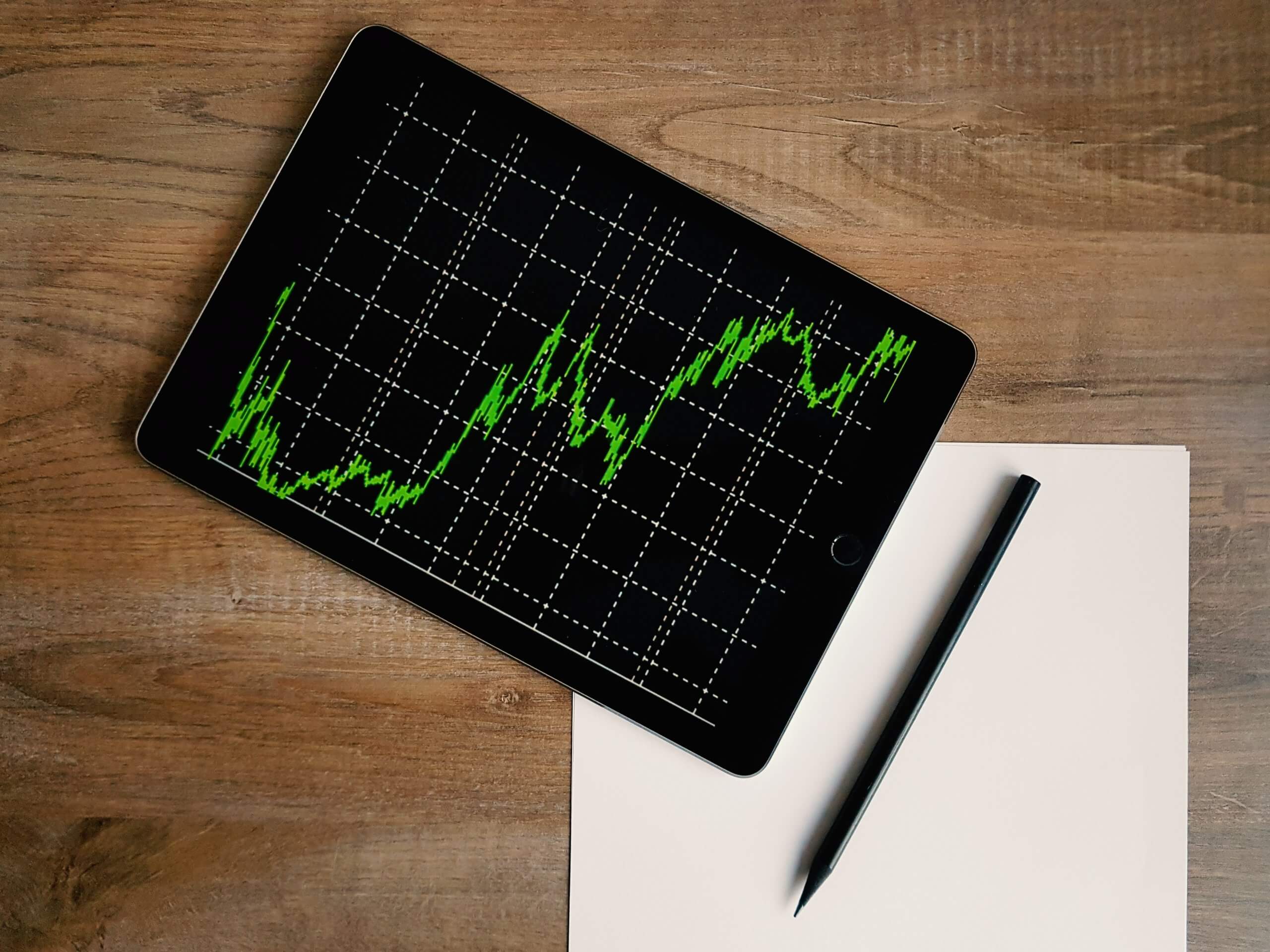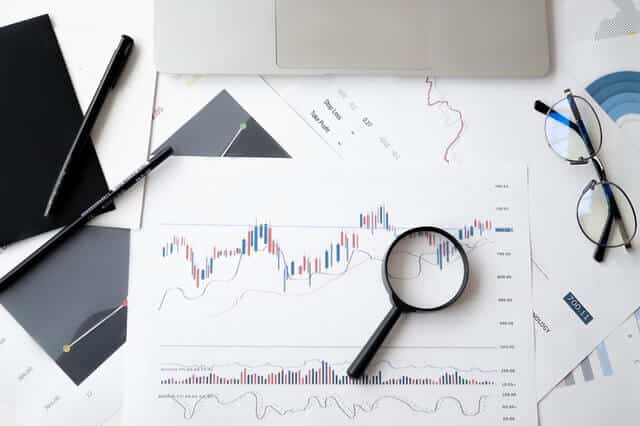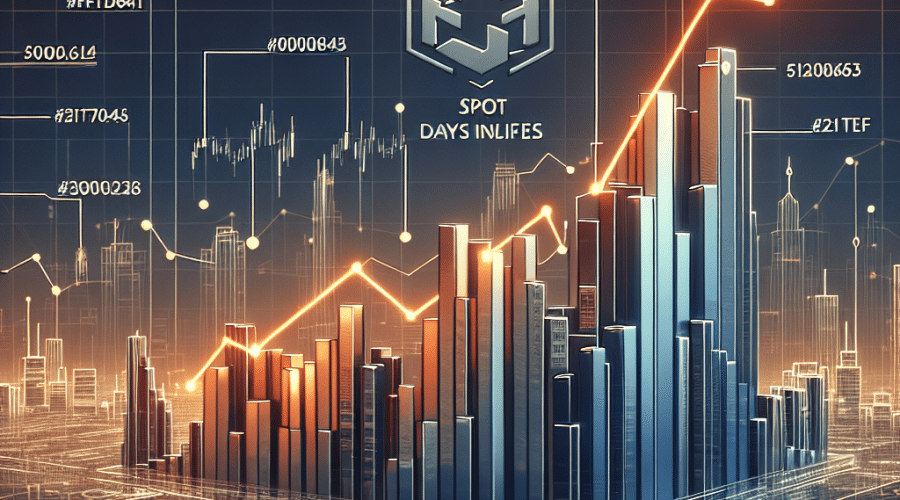Cryptocurrency futures are one of the different ways of getting exposure to digital assets. Users can purchase cryptocurrency futures contracts in a wide range of platforms that are now available in the market.
Rather than trading on the spot market, several traders prefer to use futures to get access to virtual currencies. In the cryptocurrency market, traders handle perpetual contracts but there are also some platforms offering quarterly futures.
Disclaimer: the information shared in this post should not be considered investments advice. AltSignals and its writers are not responsible for any trading decision you make. We are not financial advisors. This should only be considered for educational purposes. Never invest more than what you are able to lose.
What is Futures Trading Cryptocurrency?
One of the questions traders ask is “What are futures in cryptocurrency?” The futures market offers investors the possibility to purchase financial derivatives that obligate the traders to purchase an asset at a predetermined price and at a predefined date in the future.
In general, in traditional financial markets, quarterly futures have a lot of influence. However, Cryptocurrency futures are based on perpetual contracts. These are different types of futures because they do not expire or have a specific settlement price.
Perpetual contracts can be traded at any time and they do not have a settlement date. They are indeed similar to the spot market. Indeed, the price of perpetual contracts follows very closely the price of the underlying asset in the spot market.
Additionally, users can trade these contracts with leverage. The cryptocurrency futures market has expanded in the last 10 years and the options are certainly diverse. Most of the trading platforms currently available allow users to trade cryptocurrency futures (perpetual contracts) with leverage of up to 125x.
Some other platforms have even higher leverage levels. Although leverage can be a great way to increase our exposure to the market, it also has several risks that we must certainly avoid.
When traders handle futures contracts, the goal is to hedge against future price fluctuations or to speculate. Cryptocurrency futures are not used to hedge against possible price movements but rather to speculate with the price of the underlying asset.
Best Cryptocurrency Futures Contracts Platform
Cryptocurrency futures are now available on different trading platforms. The platform you use would depend on the services you are looking for. Additionally, you should always know that some of the platforms are not available in all countries around the world. Thus, you might first want to check whether the cryptocurrency futures exchange you want to use is offering services in your location.
Some of the best platforms in the cryptocurrency futures market include BitMEX, Binance Futures and ByBit. Of course, there are other platforms out there but these are the most popular right now.
Each of them offers different solutions and services to traders. Everything would depend on the features that traders are looking for. For example, BitMEX focuses only on futures trading for cryptocurrencies. ByBit is very similar to BitMEX but with more advanced trading engines.
Instead, Binance offers not only cryptocurrency futures trading but also other solutions. In this way, users can get access to some of the latest trends in the cryptocurrency space.
Bitcoin Futures CME Group
It is worth mentioning that institutional traders have also access to Futures and Options on futures offered by the CME Group. Investors can hedge Bitcoin exposure through the solutions offered by the CME.
Some of the benefits of this platform include the following:
- Easily trade on different market views
- Efficient price discovery and transparent futures markets
- Savings in potential margin offsets
- Select different cryptocurrency futures and options
- It is regulated
Most of the other platforms we mentioned before are usually used by retail traders that search for larger exposure to digital assets. However, the Bitcoin futures offered by the CME Group focus on larger investors that want to get exposure to digital assets in different ways rather than on the spot market.
One of the advantages of using crypto futures is the fact that traders are buying contracts and not the underlying asset. Custody is a topic that has always been discussed for Bitcoin considering that hackers could get access to the hot wallets of the platform that keeps custody of the funds.
Moreover, some investors do not know how or do not want to secure their assets. It certainly requires time and knowledge from the investors that want to get access to BTC or other digital currencies.
How to Choose the Right Futures Trading Platform
With so many platforms offering cryptocurrency futures, selecting the right one depends on a few key factors. Consider these when making your choice:
- Leverage Options: Some platforms offer leverage as high as 125x, while others focus on safer, more conservative trading.
- Trading Fees: Low fees can make a big difference for high-frequency traders. Always compare maker/taker fee structures.
- User Interface and Tools: Look for advanced charting tools, a clean dashboard, and mobile access.
- Liquidity and Volume: Platforms with higher liquidity reduce slippage and allow you to open and close large positions quickly.
- Security and Reputation: Ensure the platform is well-known, secure, and has no major history of hacks or outages.
Doing your own research (DYOR) before trading is essential, especially with leveraged derivatives.
Risks of Trading Cryptocurrency Futures
While futures trading can amplify gains, it also magnifies losses — especially when leverage is involved. Here are some key risks to be aware of:
- Liquidation Risk: If the market moves against your position and hits the liquidation price, your position will be forcibly closed, often resulting in a total loss of your margin.
- High Volatility: Crypto markets are notoriously volatile, and even a small price swing can trigger large losses when using leverage.
- Overtrading: The fast-paced nature of futures markets may tempt traders into frequent trades, increasing exposure and emotional decision-making.
- Margin Calls: Failing to maintain required collateral can result in forced liquidations or margin calls.
Traders should always use stop-losses, understand the full scope of their risk exposure, and never trade with money they can’t afford to lose.
The Role of Perpetual vs Quarterly Contracts
In the crypto futures space, most traders deal with perpetual contracts, which differ from quarterly futures in how they’re settled and held:
- Perpetual Contracts: These don’t have an expiration date, and their prices are kept in sync with the spot market via a funding rate mechanism. They are ideal for active traders who don’t want to worry about contract rollover.
- Quarterly Futures: These contracts expire every three months and are settled on a specific date. They are often used by institutional traders or those looking to take positions based on medium-term market expectations.
Each contract type suits a different trading style. Beginners often start with perpetual contracts due to their flexibility, while more advanced users may use quarterly contracts to execute hedging or arbitrage strategies.
Conclusion
Cryptocurrency futures trading has evolved into a powerful tool for both retail and institutional investors looking to gain leveraged exposure to digital assets like Bitcoin and Ethereum. Whether you’re seeking short-term gains, hedging strategies, or simply more advanced ways to trade beyond the spot market, futures contracts offer flexibility and opportunity.
Platforms like Binance Futures, ByBit, and BitMEX have made it easier than ever to access perpetual contracts with competitive leverage and robust trading tools. Meanwhile, institutions may prefer regulated venues like CME Group for added security and compliance.
Before diving in, it’s critical to assess the risks involved, understand how different contracts work, and choose the right platform based on your trading style and goals. Always trade responsibly, use proper risk management, and stay informed through reliable resources.
As with any financial instrument, crypto futures can deliver strong results — but only when approached with discipline and a clear strategy.






